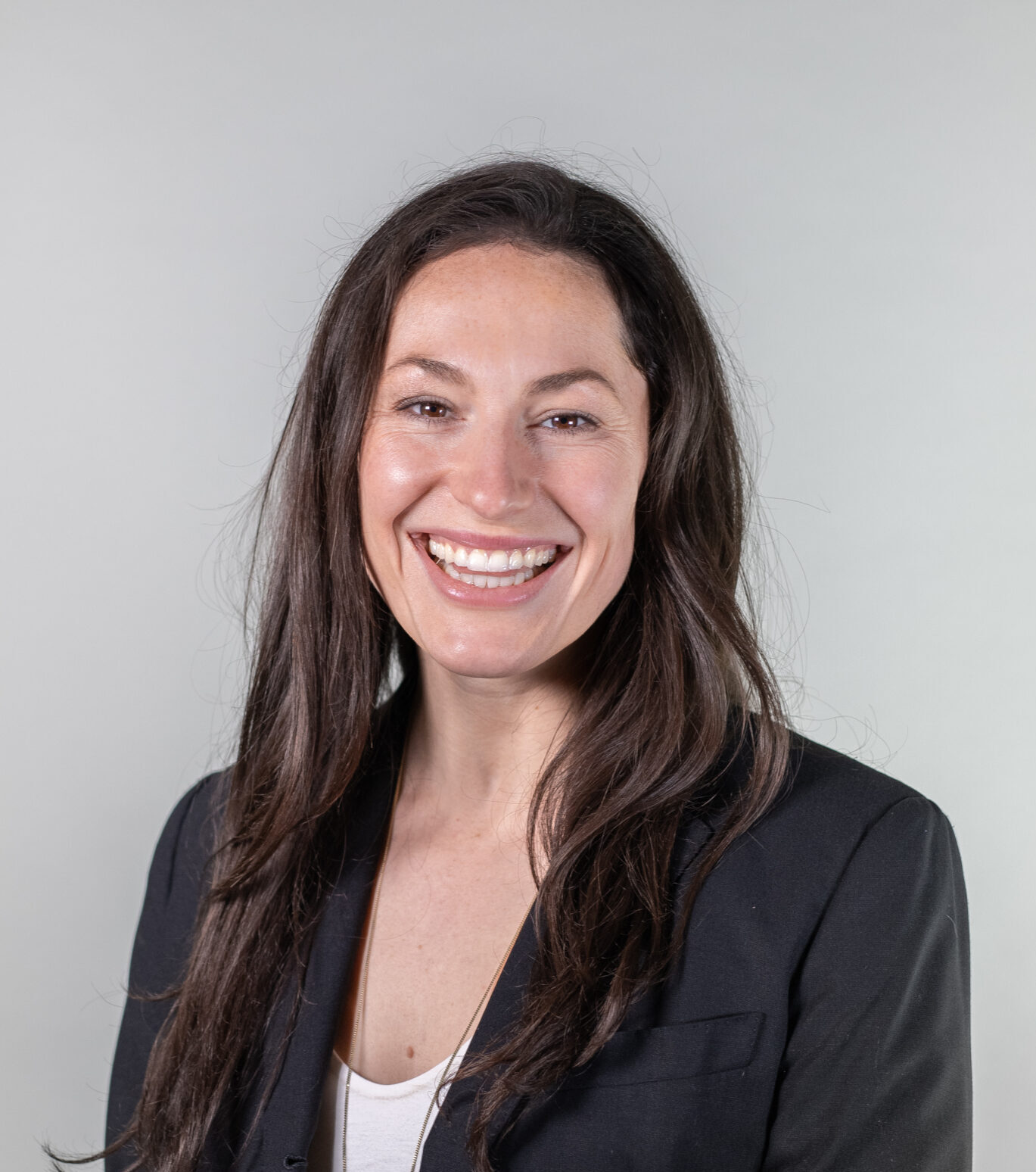Housing + Cities
Building a sustainable future together
Welcoming more homes, of all shapes and sizes, in Cascadia’s towns and cities.
Latest research + analysis
Parking Reform Alone Can Boost Homebuilding by 40 to 70 Percent
More evidence that parking flexibility is key to housing abundance.
Gender, Sexuality, and Abundant Housing: Addressing Housing Precarity in the LGBTQ Community
Winning Abundant Housing: The UK, Germany, and France
The Present and Future of ADUs and Other Homes in Our Backyards
How First Nations and YIMBYs Are Changing the Housing Game in Vancouver, BC
Subscribe to our newsletters
Hear directly from our experts. Sign up for the Housing + Cities newsletter.
SubscribeRelated Research
Meet the Team

Dan Bertolet
Senior Director of Housing + Cities
Dan is passionate about creating cities that welcome people of all incomes and tread lightly on the planet.

Michael Andersen
Director, Cities + Towns
Michael writes about ways better municipal policy can help break poverty cycles, with a focus on housing and transportation.

Catie Gould
Senior Researcher
Catie is a Senior Transportation Researcher for Sightline Institute, specializing in parking policy.

Alice Buckley
Fellow
Alice leads Sightline’s efforts in Montana, supporting local initiatives for abundant housing and stronger democracy in Big Sky Country.

Julia Metz
Fellow
Julia is a Fellow with Sightline bringing nearly a decade of experience in the housing field.

Daniel Oleksiuk
Fellow
Daniel is a Fellow for Sightline Institute and a lawyer, writer, and organizer.
Housing + Cities research in the news
How do we house everyone? Local experts weigh in
The Southeast Examiner
Here’s what happened after the city of Anchorage axed parking mandates
The Progress Playbook
The math is simple. When people choose to live closer to each other, they voluntarily cut their energy use in half. When people are able to make that choice, it makes our planet healthier, our communities more prosperous, and our society more fair. Literally everybody wins.
But over the years, we’ve buried deep in our laws a variety of blocks to this voluntary sustainable decision: the innately human choice to be closer to one other. Sometimes this has happened with the best intentions, and other times our human tendencies have driven us to hoard and to exclude. Sightline’s Housing and Cities team identifies agreements across ideological lines that give Cascadians the freedom to make the sustainable choices so many of us want.
Learn more about our Housing + Cities research projects below.
Resource: Middle Housing Photos
Our Modest Middle Homes Library is a resource for abundant housing advocates, urbanists, planners, and journalists.
Author Q&A: Housing and homelessness
Research and policy recommendations to prune the gas system, scale electrification, and protect ratepayers.
50%
Reduction in energy use by people living in cities (needs more context)
$30-50,000
Cost of a structured parking space
Latest research + analysis
Parking Reform Alone Can Boost Homebuilding by 40 to 70 Percent
More evidence that parking flexibility is key to housing abundance.

